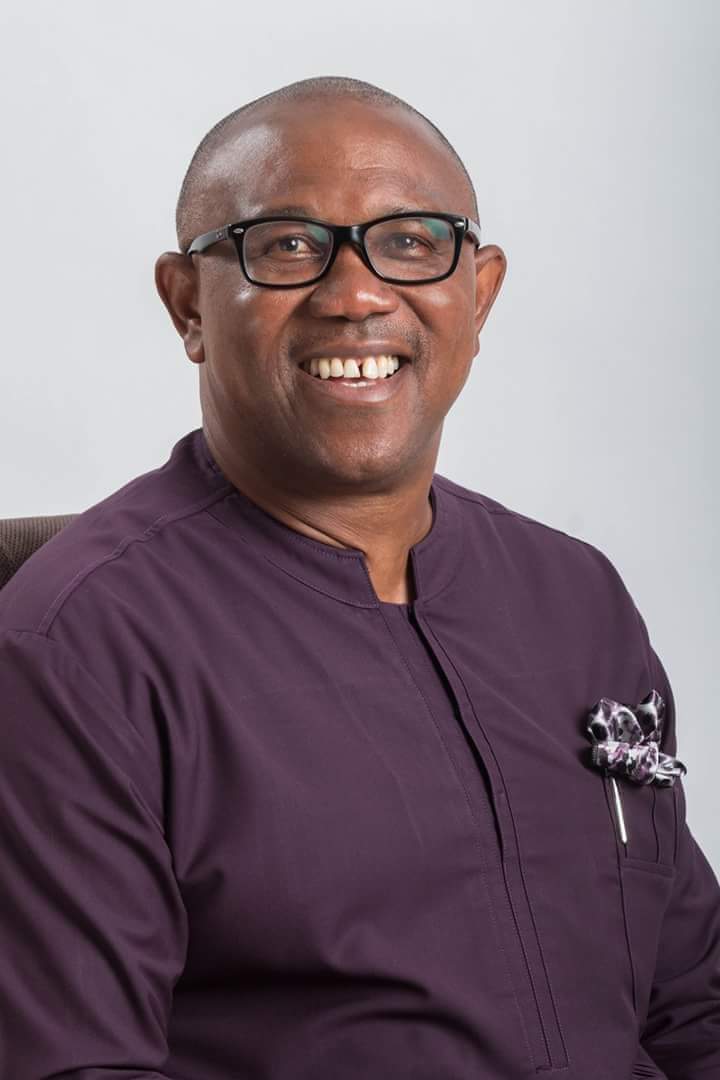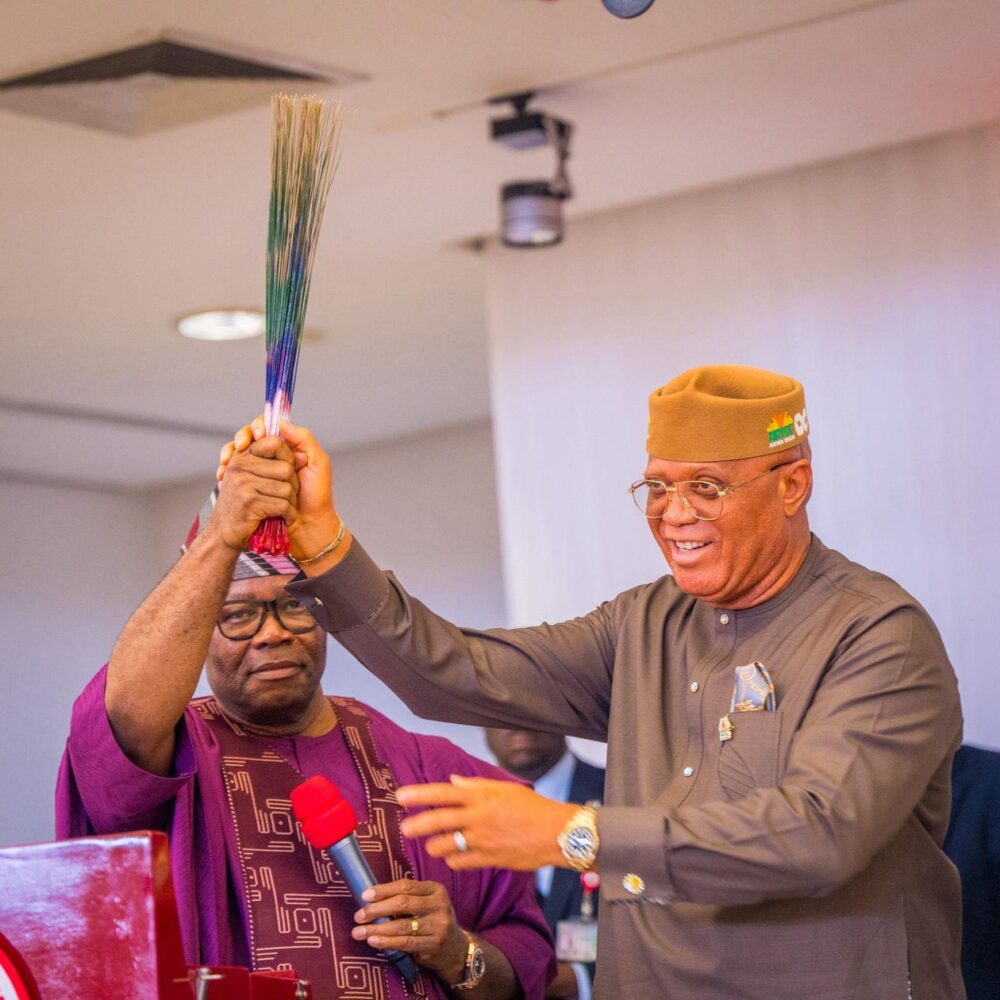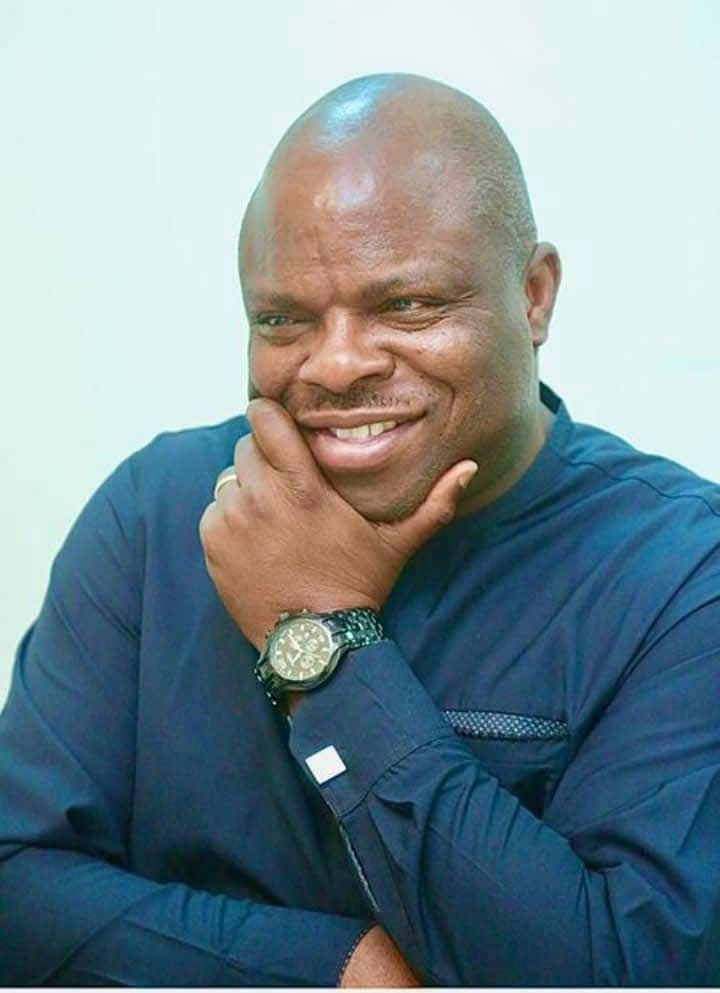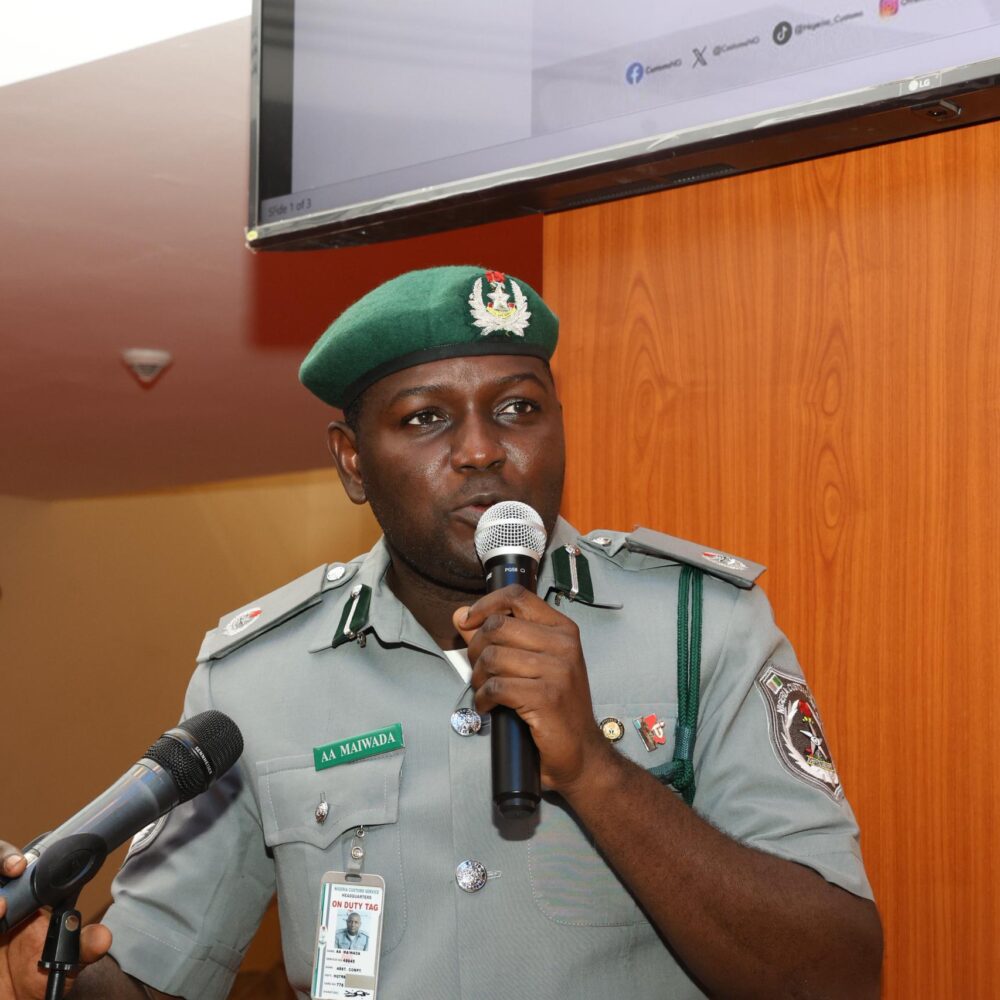The Coalition for Peter Obi (CPO), has written Independent National Electoral Commission (INEC) demanding for expansion of its voter registration and validation infrastructure to serve the teeming numbers of Nigerians willing to register.
The Group which is funded by independent professionals and intellectuals in a letter dated June 16, which was signed by its Chairman, Marcel Ngogbehei observed that no matter the number of years of extension of the voters registration and validation if the infrastructure is not expanded it will amount to a total waste of the nation’s time and resources, saying it makes more sense to employ 50,000 workers for 3 months with massive numbers of voter registration machines than to employ 5,000 workers for one year with a few machines.
The Coalition noted that INEC was expected to capture at least 20 million additional Nigerians in this exercise, but the electoral body has barely completed 4 million applications as at March 2022 according to information available on its website. This means that a whopping 16 million Nigerians are likely to be disenfranchised.
The group also observed that most citizens in the North have already been captured, but the Middle and Southern parts of the country will be denied their universal adult suffrage with the way the registration and validation exercise is being handled.
The letter reads, “The Coalition for Peter Obi (CPO), a self funded group of independent professionals and intellectuals hereby call on the Independent National Electoral Commission (INEC) to immediately expand its infrastructure for conducting voter registration and verification exercise across the country and particularly redeploy same to areas of high demand.
“From statistical analysis, the Nigerian population is estimated at 216 million as at June 2022 according to data from the Worldbank, with a median age of 18.1 years. That means half of the population of Nigeria or 108 million are above 18 years and eligible to vote. INEC’s current voters register estimates Nigeria’s voting population at 84 million, so INEC is expected to capture at least 20 million additional Nigerian voters in this exercise, but the electoral body has completed barely 4 million applications as at March 2022 from information available on its website. This means that a whopping 16 million Nigerians are likely to be disenfranchised. This is not good for our democracy.
“This call has become necessary to ensure that 16 million Nigerian citizens are not disenfranchised in the forthcoming general elections.
“As part of our voter education exercise around the country in June 2022, our field volunteers have observed a clear lack of capacity on the part of INEC to service the voting population especially in high demand areas owing to inadequate infrastructure including limited numbers of registration machines resulting to a slow pace of registration in many centers. We expected that the past 3 weeks of continuous surge would have been enough for INEC to immediately restrategise, expand and redeploy resources to the areas of high demand.
“As a Coalition of several groups made up of diverse Nigerians from all works of life and from every part of the country including the diaspora, we are committed to support INEC to ensure that it carries out its statutory function as an electoral management body (EMB) to conduct free, fair and credible elections for sustainable democracy in Nigeria.
“In view of the present troubling circumstances, we recommend that INEC urgently embark on expansion of its voter registration and validation infrastructure to serve the teeming numbers of Nigerians who wish to exercise their patriotic and civic duties of voting in the forthcoming general elections.
“It has therefore become very obvious that no matter the number of years of extension of the current exercise, it will be a total waste of the nations manpower if the infrastructure is not immediately expanded to cover areas of high demand – which currently is the South. This makes sense because INEC’s data shows that most citizens in the North have been captured. Many Nigerians from the Middle and Southern parts of the country will at the end of the day be denied their universal adult suffrage.
“Failure to do this will create an impression that INEC has deliberately put machineries in place to disenfranchise a segment of the country thereby manipulating the outcome of the 2023 elections.
“We will be available to provide non interfering support to INEC to see that every Nigerian who presents himself or herself for registration is duly registered in a seamless manner as stipulated on the INEC website.”





